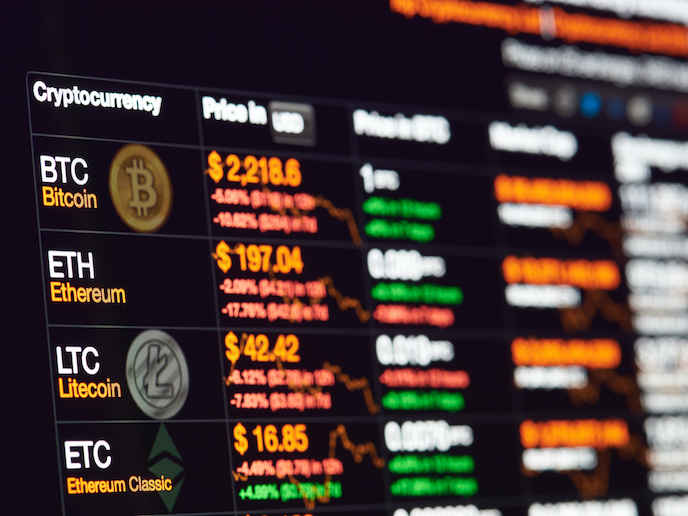Putting human rights at centre of major sporting events
While hosting and organising major sporting contests can bring prestige and visitors to cities and regions, the potential negative impacts of such events cannot be ignored. “Consider for example the exploitation of workers during the construction of infrastructure,” says EventRights project coordinator Joerg Koenigstorfer from the Technical University of Munich in Germany. “Other issues might include forced evictions of marginalised communities to make way for major sports event-related projects.” The EventRights project set out to identify ways of encouraging awarding bodies, host governments and event organisers to pursue more progressive, human rights-focused agendas. “We wanted to make sure that stakeholders work together to not only produce sporting events for spectators, but to also use these events to push for societal goals such as strengthening human rights and preventing abuses,” explains Koenigstorfer.
Protect rights, reduce inequality, enhance diversity
The EventRights project, which was supported by the Marie Skłodowska-Curie Actions programme, addressed two key questions here. First, the project team looked at how bidding, planning and delivery processes for major sports events could be designed to protect and promote the rights of affected groups, reduce inequality and enhance diversity. Secondly, the team sought to identify appropriate research methods to better understand the impact of major sports events on human rights. Project work included ethnographic research, which allowed the team to dive into how vulnerable groups feel about major sports events and human rights issues. “We also aimed to provide an environment for academic and non-academic partners to develop their knowledge of the subject,” adds Koenigstorfer. “This was achieved through staff exchanges, and a constant dialogue between the consortium partners and other key stakeholders.” More than 150 months of staff exchanges to Brazil, Canada, Japan and the United States were organised throughout the lifetime of the project.
Adherence to internationally recognised standards
The project’s work has resulted in recommendations for organising committees, awarding bodies and policymakers. These are designed to ensure that opportunities to address inequality, enhance diversity and facilitate greater dialogue are enshrined in the planning, delivery and legacy plans of the events themselves. “For example, we have highlighted the need for adherence to internationally recognised standards, such as the Universal Declaration of Human Rights and the United Nations Guiding Principles on Business and Human Rights,” says Koenigstorfer. “Also, key actors working in the rights sphere need to be involved in the bidding, planning, execution and materialisation of the legacy, and work together to meet the latest due diligence requirements.”
Promoting human rights for all
The ultimate aim of the project is to help ensure that major sporting events of the future truly promote human rights for all. “Sporting event managers must ‘walk the talk’,” adds Koenigstorfer. “In other words, they need to implement measures that protect the human rights of vulnerable groups such as low-income residents, construction workers and disabled persons. Transparency and accountability are crucial here, so that the human rights of all stakeholders are protected, no matter how much power they have.” Moving forward, project partners will continue to work closely with the Sport and Rights Alliance, the Centre for Sport and Human Rights, and Transparency International, as well as event owners and organisers, so that human rights are better protected in the context of major sporting events.
Keywords
EventRights, human rights, sport, inequality, diversity, sporting






